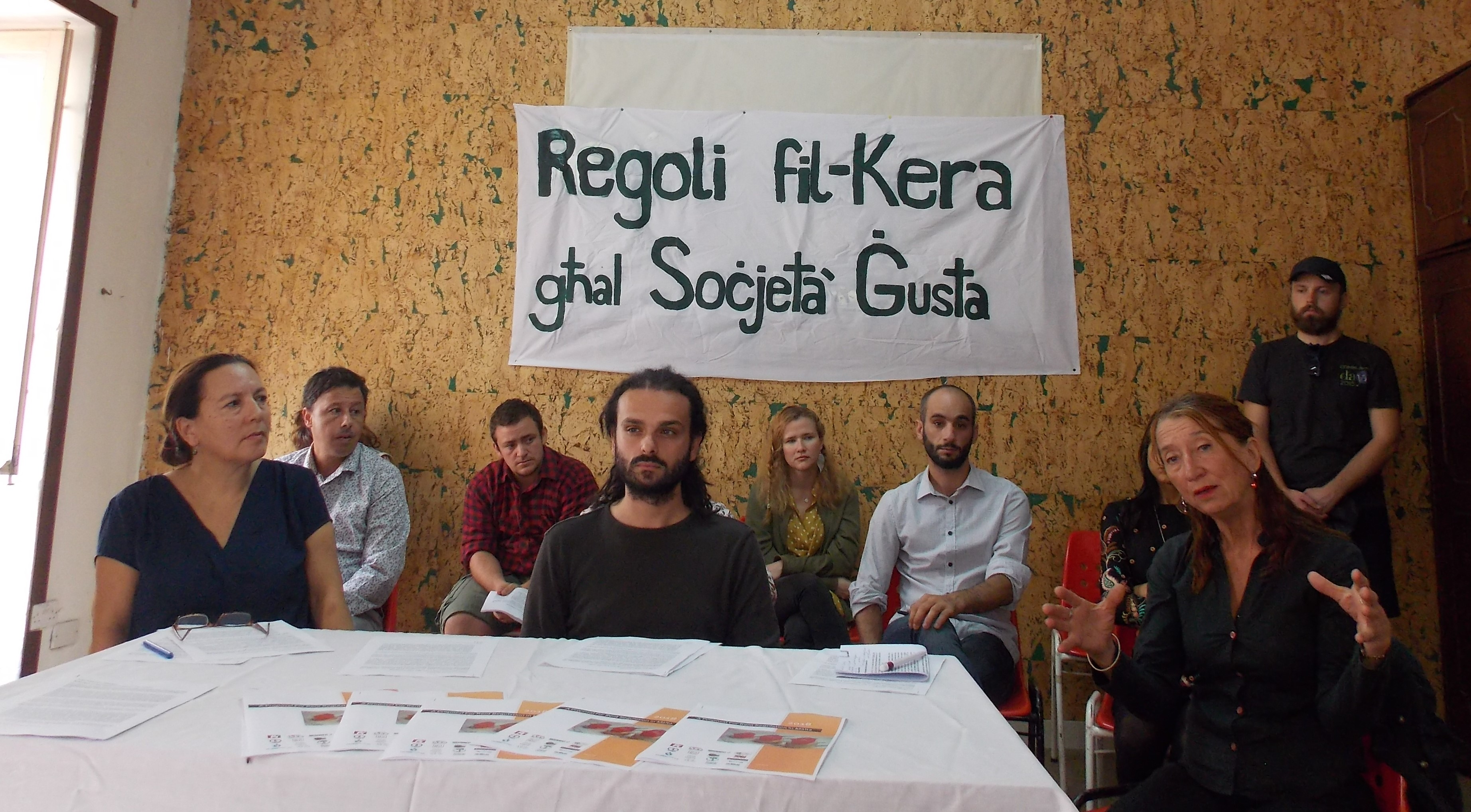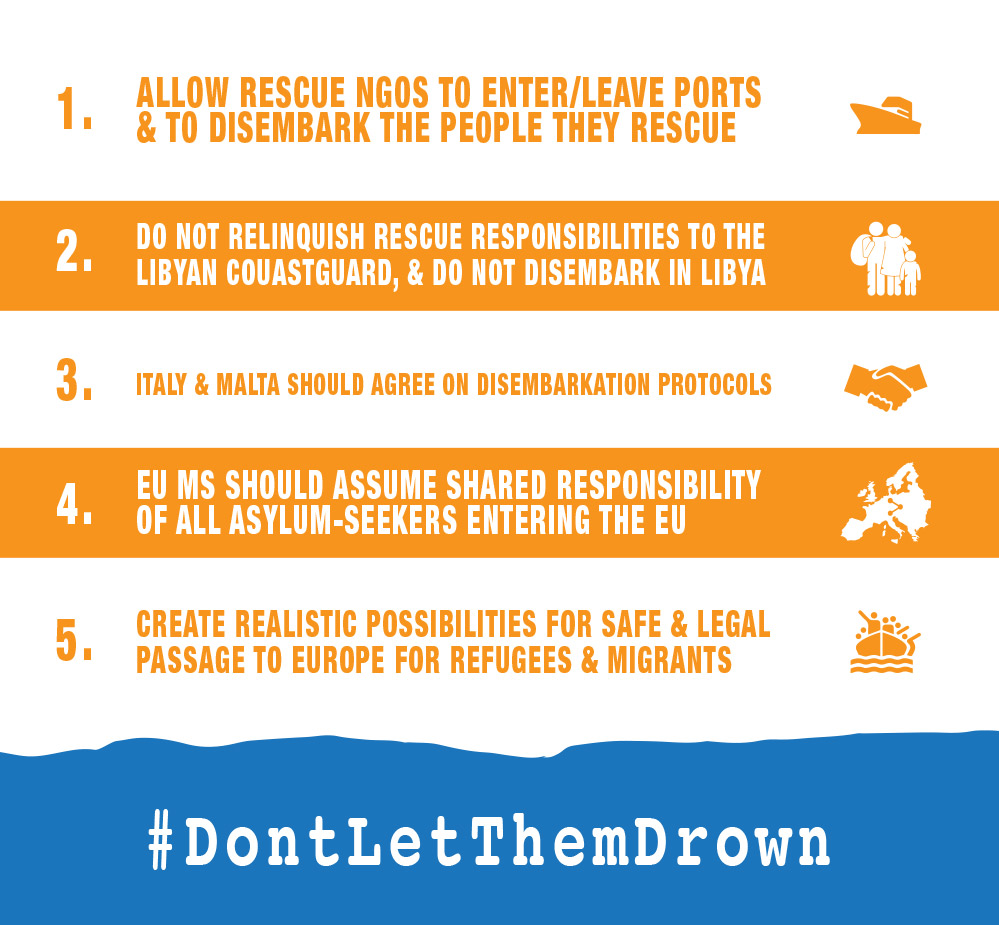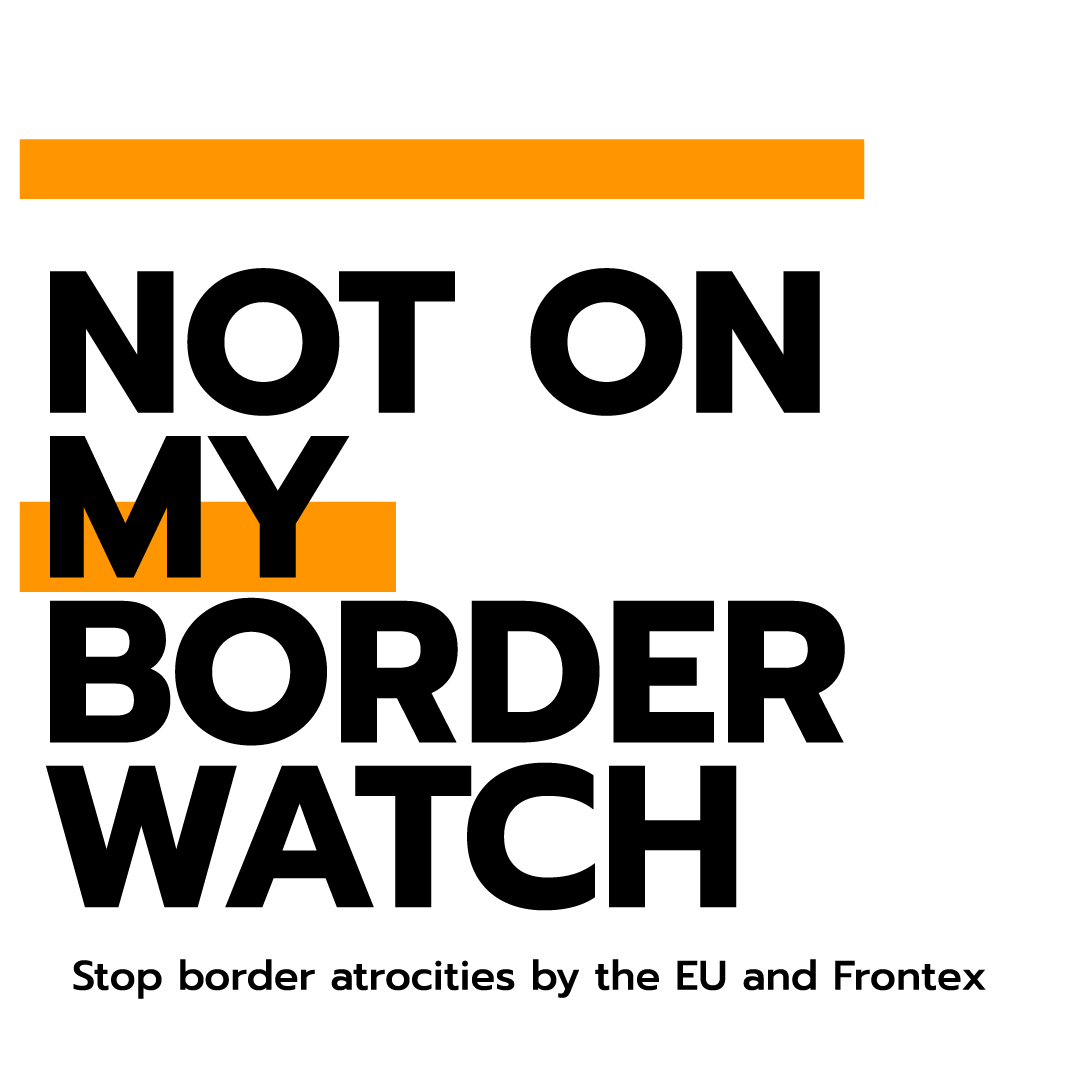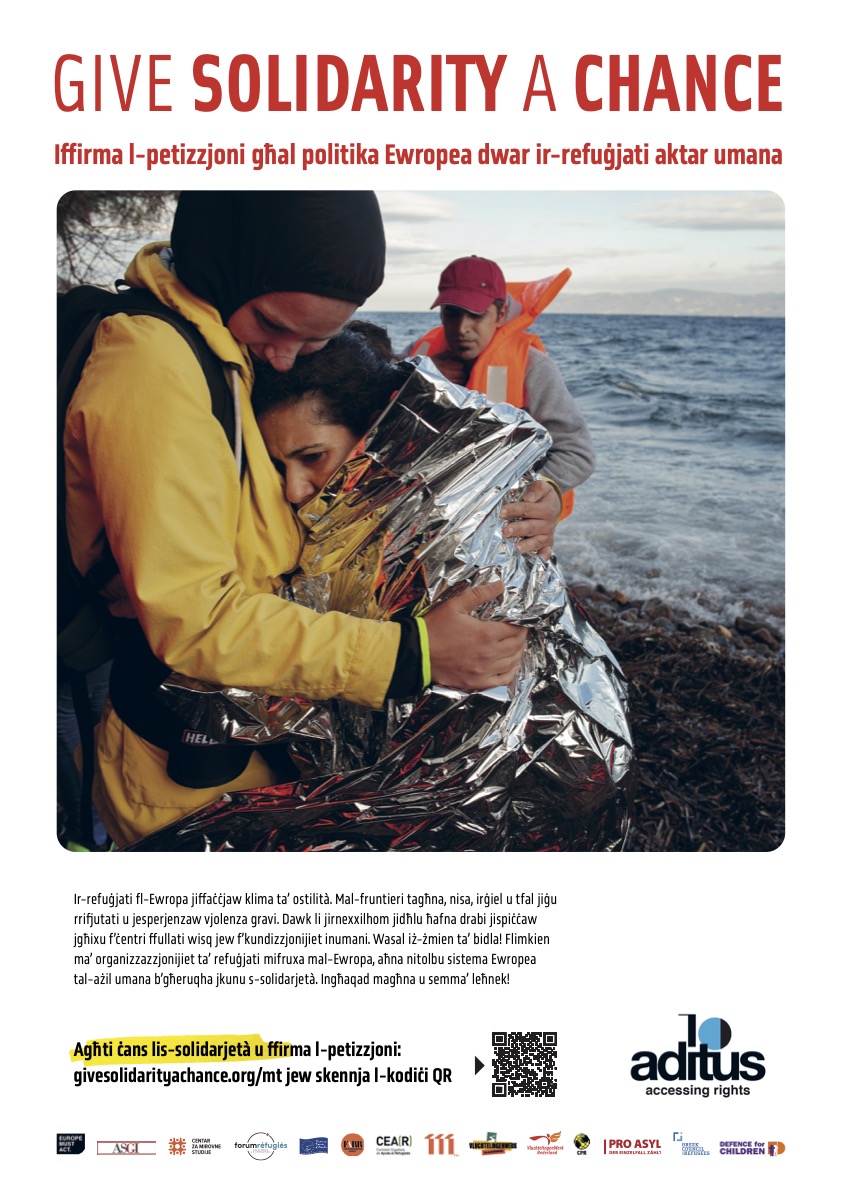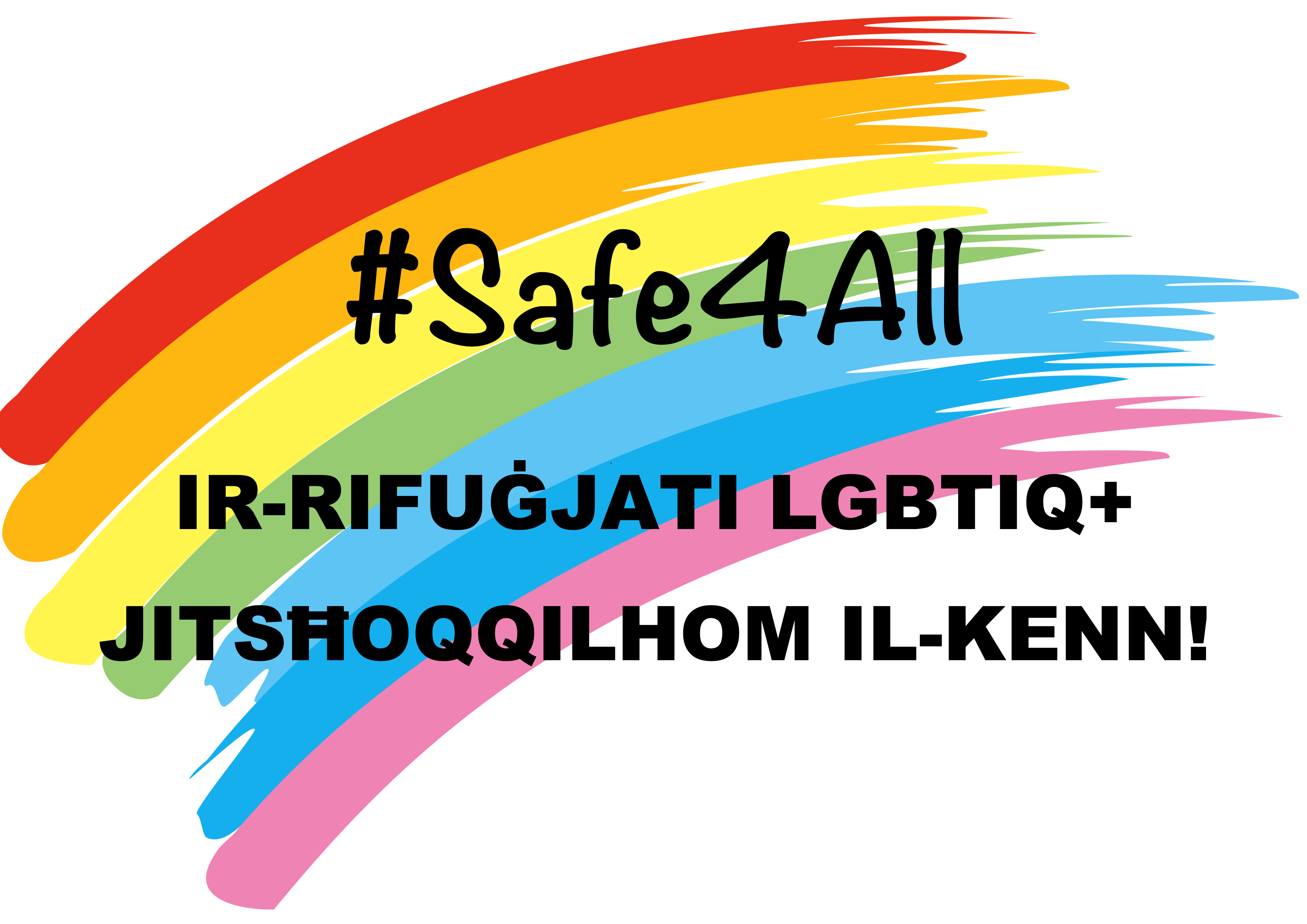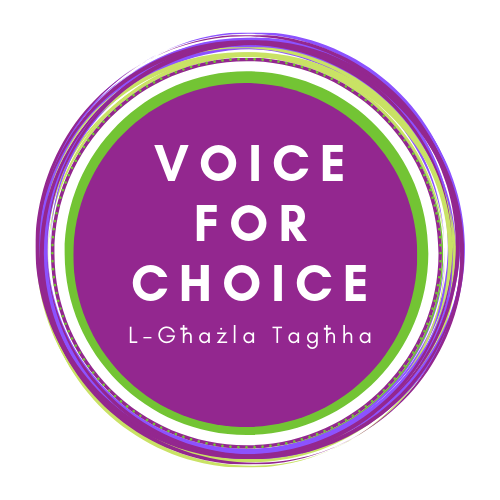Whilst much of our work is gathered within projects, there are also several initiatives we’re engaged in that are not defined in projects but are rather on-going efforts usually attached to specific advocacy goals.
These Advocacy Initiatives are the product of discussions held in our office, usually in response to a pressing need we identify through contacts with clients or other stakeholders.
They’re usually included in our Strategic Plan, a document outlining our strategic objectives for 2 years, yet at times we engage in issues that need our immediate response…it’s this responsiveness and preparedness that allows us to remain relevant to national developments as they happen.
All our projects are centered around our Strategic Plan and have a strong advocacy component. Together with our projects, these are our other main advocacy initiatives:
Want more information on how you can support our advocacy work, or do you have ideas on what other issues need our attention? Get in touch with us.

